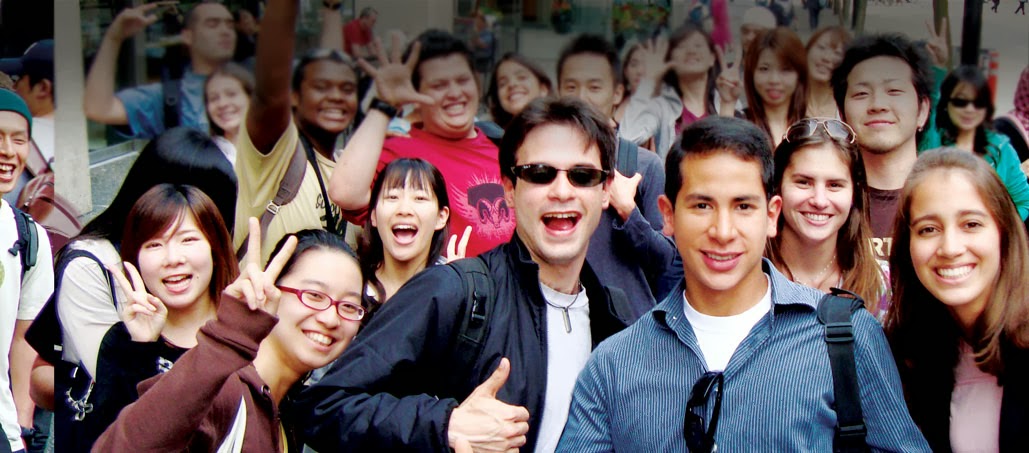
 How many international students are in the United States?
How many international students are in the United States? What types of support services will be available to me on campus?
What types of support services will be available to me on campus? Can I keep a halal diet in the United States?
Can I keep a halal diet in the United States? What kinds of housing do international students live in?
What kinds of housing do international students live in? What are U.S. teaching methods? What will my professors expect from me?
What are U.S. teaching methods? What will my professors expect from me? What if I find I need help with my English?
What if I find I need help with my English? What types of health costs can I expect with insurance ? What can I do to minimize them?
What types of health costs can I expect with insurance ? What can I do to minimize them? How can I find a mosque in the United States?
How can I find a mosque in the United States?